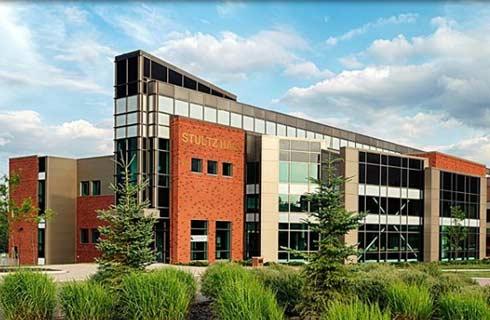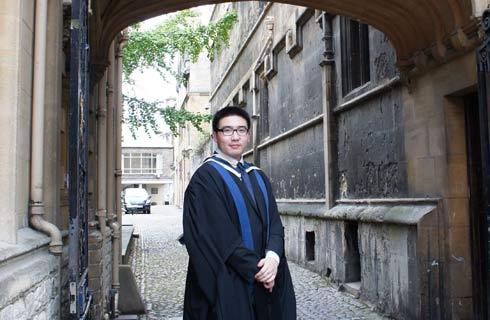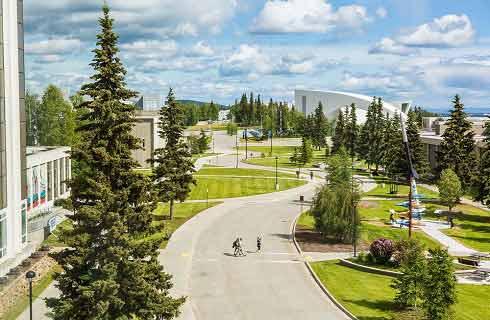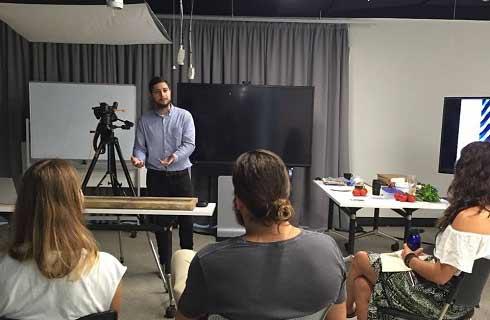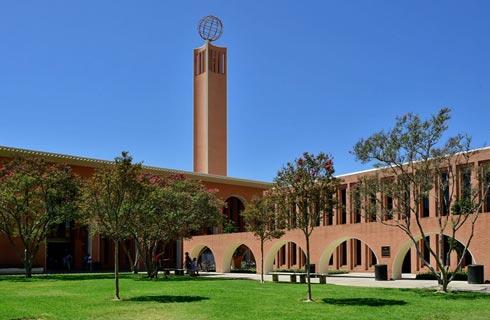国际学生入学条件
To apply for our engineering PhD research degree you should have, or expect to be awarded, a Masters degree in a relevant subject area from a British or overseas university.
Exceptional candidates without a Masters degree, but holding a first class or upper second class Bachelors degree in a relevant subject area, may be considered.
We also welcome enquiries from potential PhD researchers with appropriate levels of professional experience.
We find it most effective to work with inquirers to focus their research ideas before a formal application is made. You can contact either individual staff or the Faculty's Director of Research Degrees, Professor Peter Larkham (peter.larkham@bcu.ac.uk)
Alternatively please send us an initial PhD enquiry containing your brief PhD research proposal (1000-2000 words), and/or any questions or queries you may have.
We will review your initial enquiry to ensure that your research proposal compliments one of our PhD research interests and if so we will ask you to make a full application. We are unable to progress any proposals that do not have a clear and close link to our interests.
IELTS - 6.0 with no banding below 5.5.
TOEFL IBT - Overall 80, Reading - 20, Listening - 18, Speaking - 21, Writing - 19, PTEAcademic - 64
展开
IDP—雅思考试联合主办方

雅思考试总分
6.0
了解更多
- 雅思总分:6
- 托福网考总分:80
- 托福笔试总分:160
- 其他语言考试:PTEAcademic - 64
CRICOS代码:
申请截止日期:请 与IDP联系 以获取详细信息。
课程简介
An engineering PhD can be a pathway to a career in a wide range of related jobs, including in management roles – or in the academic world. If you’re already in such a role, the PhD is a major piece of personal development, developing new knowledge and building skills for your next career step. Your engineering PhD study builds on our expertise and professional and industry networks.<br>We cover the major aspects of mechanical and electronic engineering and civil engineering. We are interested in interdisciplinary research building links to areas including the built environment, computing, health, law and others.<br>A PhD enables you to follow a programme of self-directed, independent study, supported by experienced supervisors who are themselves experts in their area. We may use industry experts to support some projects, and others may be run in full collaboration with an industry partner.<br>The Postgraduate Certificate in Research Practice prepares you for study at this level, as most find it a very different experience from previous taught courses. Topic-specific training and support is identified and provided by your supervision team and other experts as necessary.<br><br>Although you will be developing as an independent researcher, you will be supported both by your supervisors and the wider research community in the School, Faculty and University. There are regular opportunities for you to present and share your work with other research students and staff.<br><br>The PhD is a well-established and valued academic qualification within the sector and is highly likely to enhance career prospects. For those wanting to follow a career in teaching and researching in Higher Education, a PhD is highly desirable.<br><br>After the PhD<br>From the very start of your PhD journey we encourage you to think about what happens after you graduate: how the PhD will contribute to your career plan from identifying and getting your first job to beyond. We use the VITAE research career development framework to help you plan for your future.<br><br>Industry links<br>We have close links to a wide range of organisations in engineering-related industries. PhD students have benefited from these links in, for example, PhD funding (for example a project with the Diamond Light Source, the UK’s national synchrotron science facility at Harwell, Oxfordshire) and access to key individuals and data (work on aero engine design and materials with Rolls Royce). In motor vehicle related projects we work with companies ranging from JLR to Morgan Cars. We are working on autonomous vehicles with companies including Westfield Sportscars, Heathrow Enterprises, Fusion Processing, Creative Example and Conigital.
展开


















